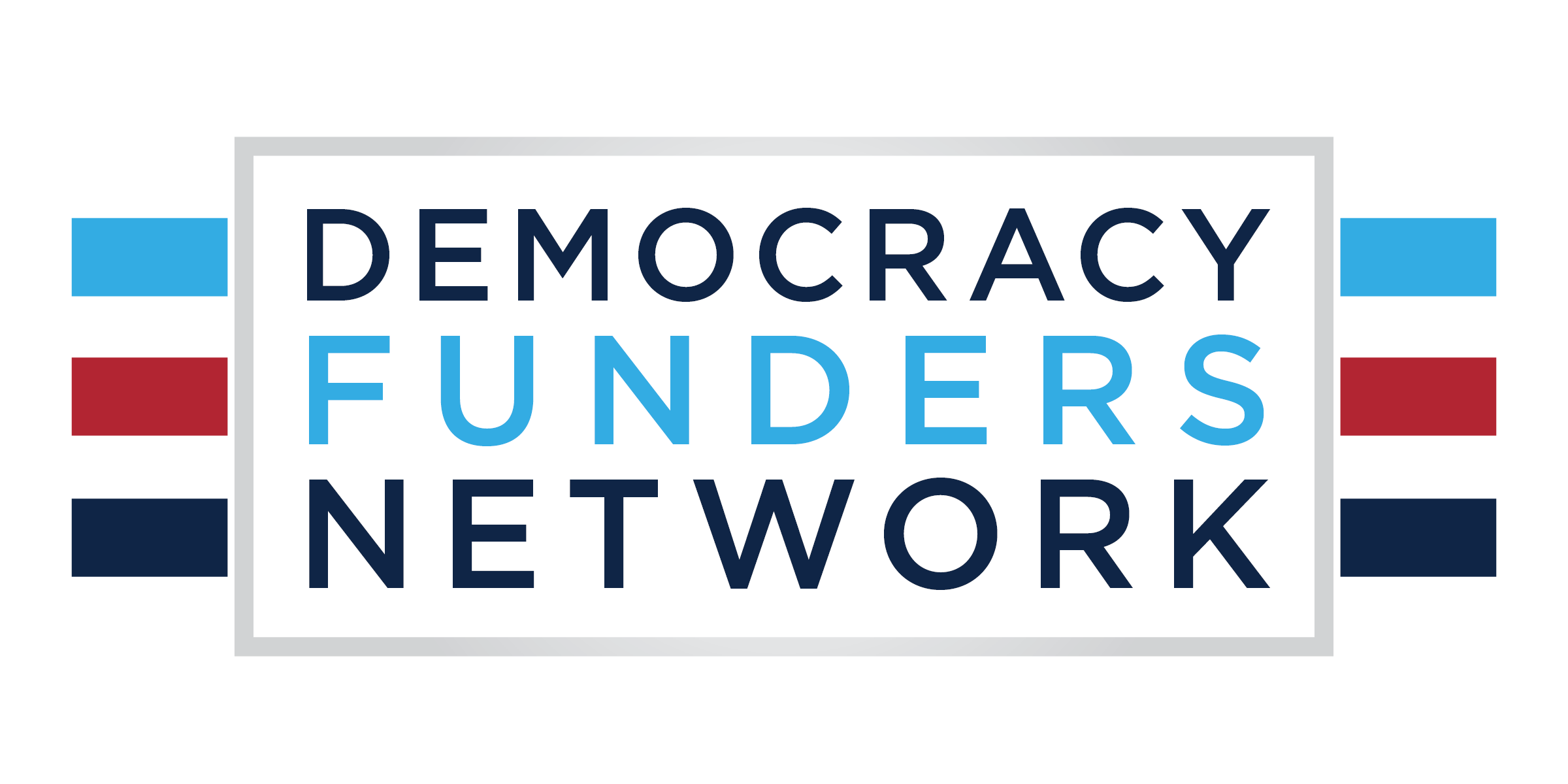It’s understandable that the idea that government should help save local media makes many journalists’ skin crawl. How can reporters get support from one of the institutions we’re supposed to be holding accountable?
We are living in a time of immense uncertainty and accelerating change. People who study the long arc of history and macro trends describe this moment variously as a time of cascading crises, shifting paradigms, and civilizational transformation akin to the scientific and industrial revolutions. Change of this magnitude — no matter how it is described — is inevitably disruptive.
Such disruption can enshrine a mythical past, tear down entire systems, or usher in something new and better. It’s up to leaders in philanthropy, civil society, government, and business to think and act in a manner befitting this critical moment. Collectively they can shape which disruptions eventually rule the day and how change is managed across society and its institutions.
This requires dispensing with a business-as-usual mentality that lulls people and institutions into falsely believing that the future will look like the present — that we have time to kick the can down the road on any number of issues. With immense problems to solve, including climate change, mass migration, technological challenges, rising inequality, and ascendant authoritarianism, the societal response must be commensurately immense.
What all this means for philanthropy is clear: The field must mobilize its resources, capture the public’s attention, and work together toward a better version of the future.
With U.S. democracy in crisis, guest contributors Mike Berkowitz and Rachel Kleinfeld argue that philanthropy cannot stick to its usual playbook. They outline five ways funders can improve how they approach this work.
In this moment of crisis, donors must use all the tools available to protect American democracy. Tax-deductible philanthropy alone is insufficient.
As cases of political violence rise in America, PACE reviews five strategies for funders interested in preventing political violence to implement.
There is no shortage of headlines about the grim state of our democracy. Many forces are to blame: leaders who flout democratic norms and spout “us vs. them” rhetoric, a political system that fuels polarization, growing threats of political violence and election interference, and the divisive and distorting effects of social media. The list goes on. Another factor, frequently left out of the picture, is loneliness – often defined as the discrepancy between one’s desired and actual levels of social connection.
The rise of an “us versus them” mindset and political identity in American sociopolitical life is evident in everything from the rise of highly partisan media to the decline in Americans’ willingness to marry someone from the opposing political party. Even more concerningly, these dynamics are contributing directly to a steep rise in political violence. Polarization has already brought on serious problems—what more lies ahead? Are insights on this critical question available from the experience of other polarized democracies?
Here at IP, we’ve been thinking a lot about democracy funding lately. We marked the one-year anniversary of the January 6 insurrection last week, and it’s the start of another election year (hooray!). But that’s only part of it. Over the longer term, the heated debate around our imperiled democracy is unraveling closely held preconceptions about nonprofit funding, sending civil society into terra incognita.
As the one-year anniversary of the January 6 insurrection arrives, voices including academics, retired generals and community leaders are warning of a heightened risk of civil conflict. It’s time for philanthropy to understand political violence as a central trend in American public life, and join the diverse Americans mobilizing to address it.
A reader’s guide to The Atlantic’s coverage of a worsening democratic crisis. READ MORE>




